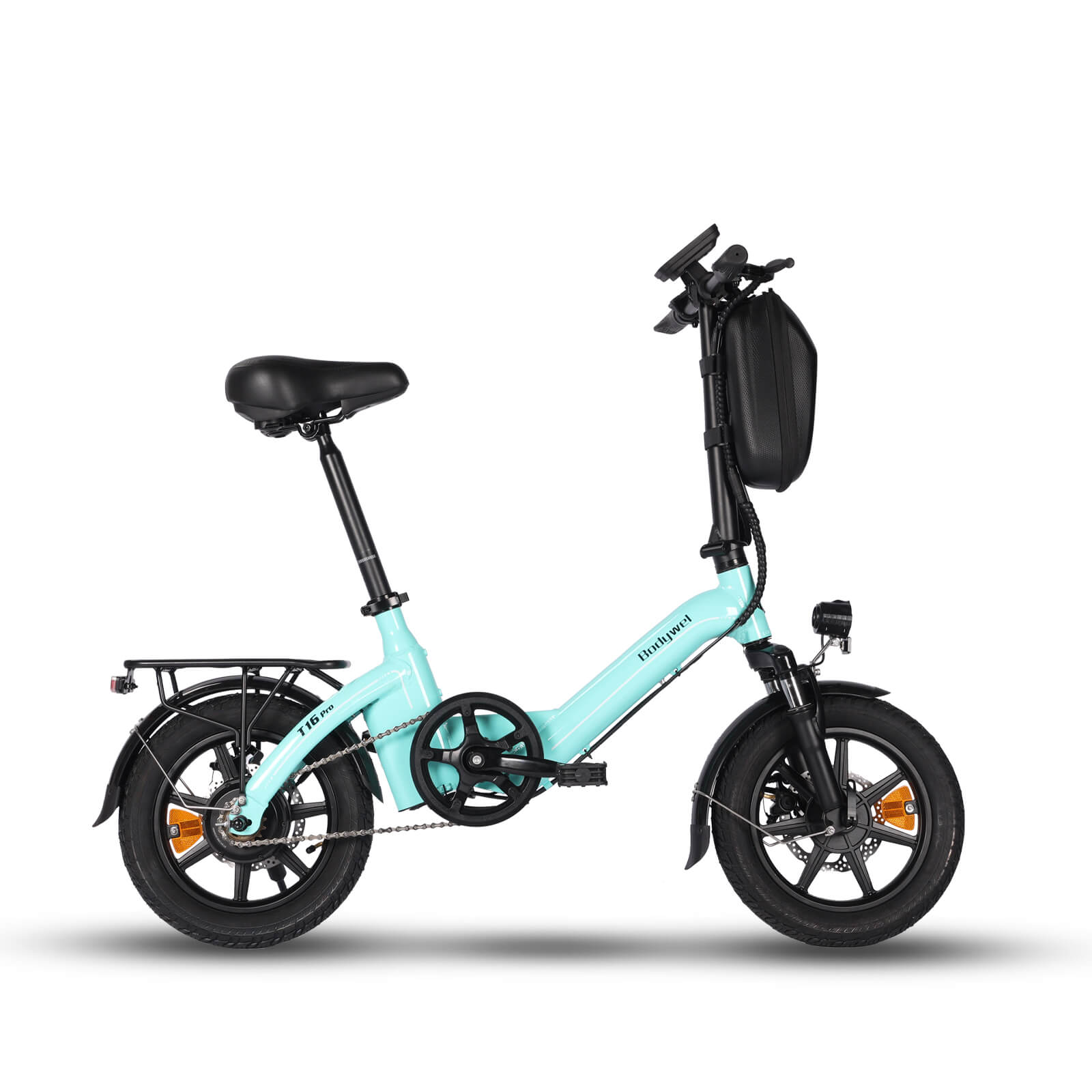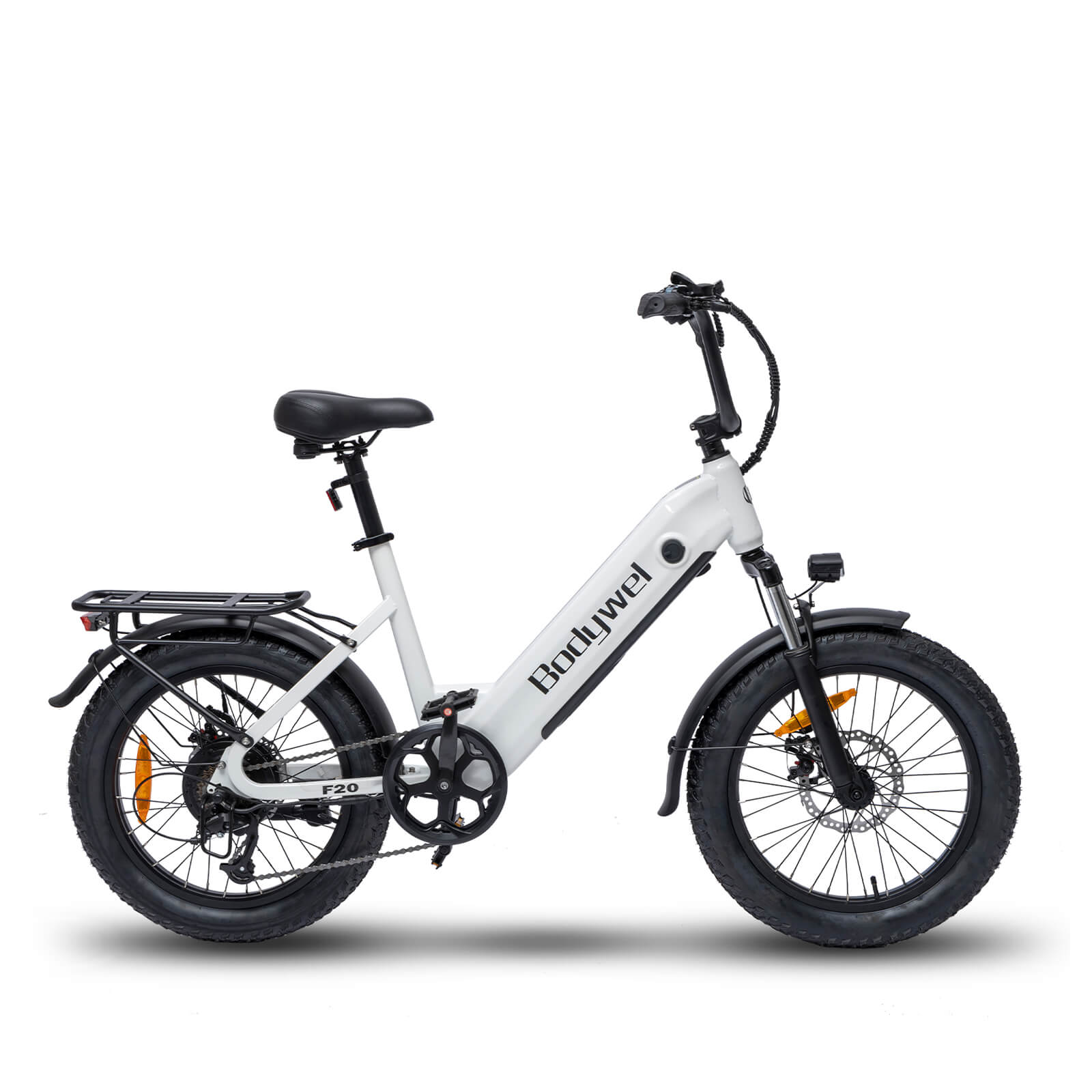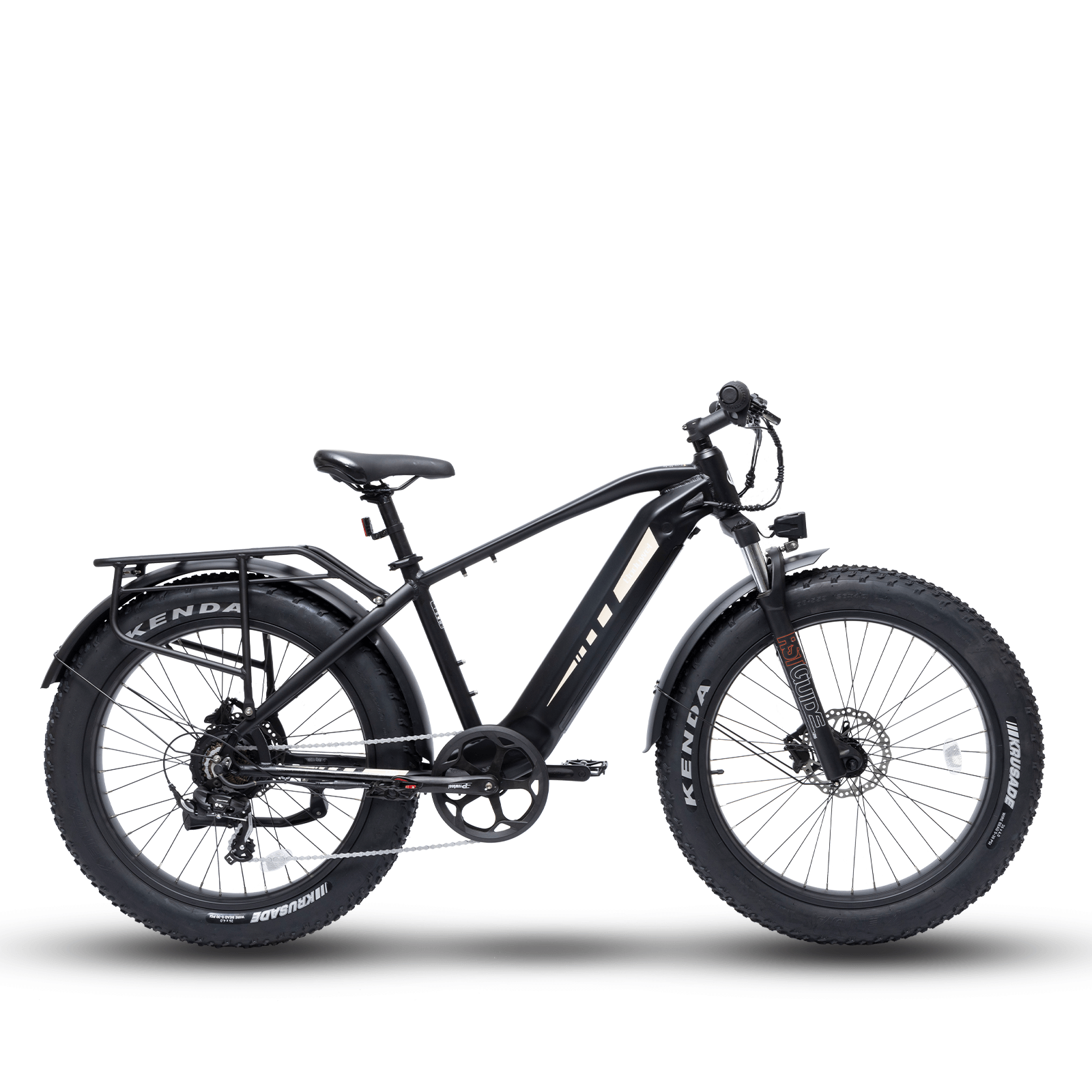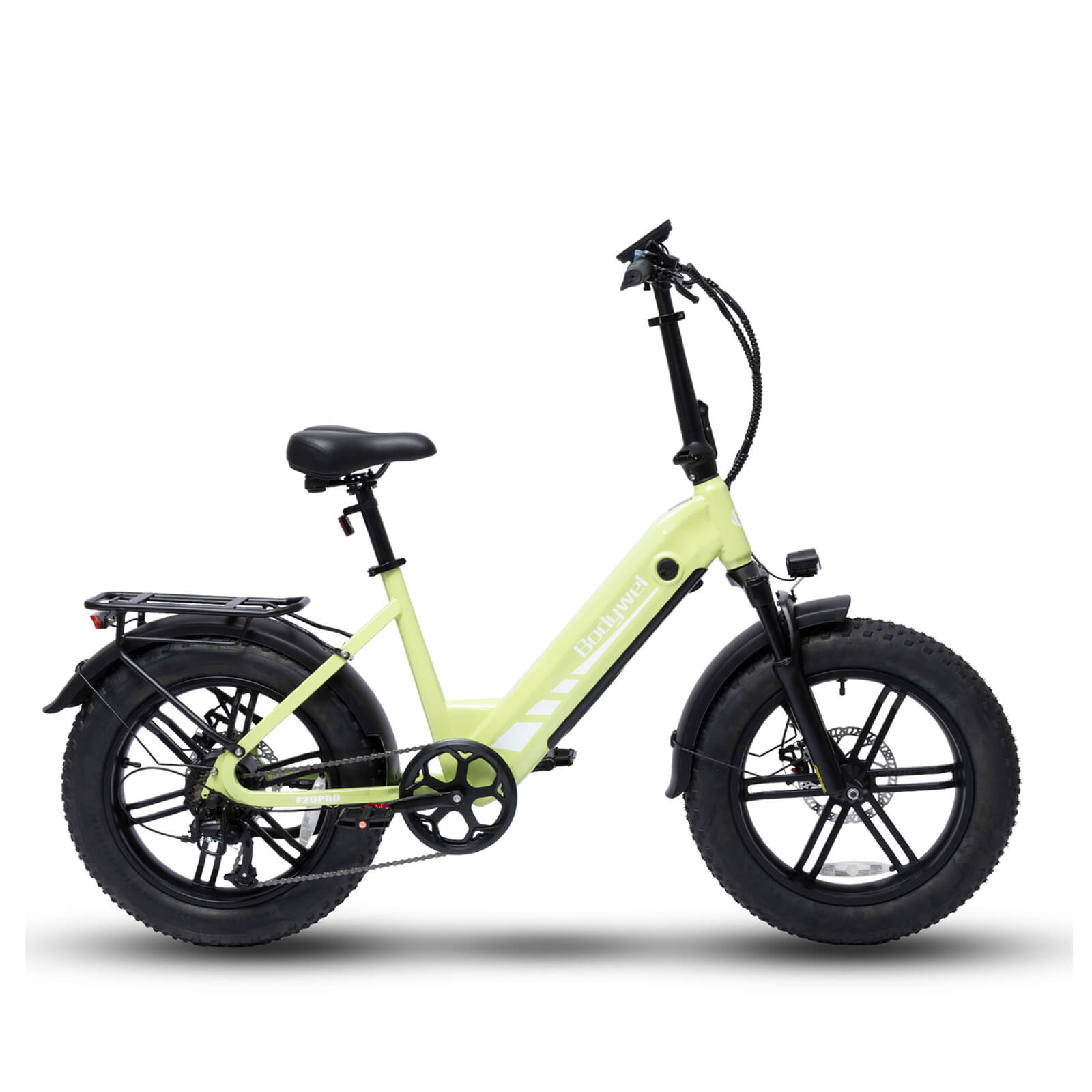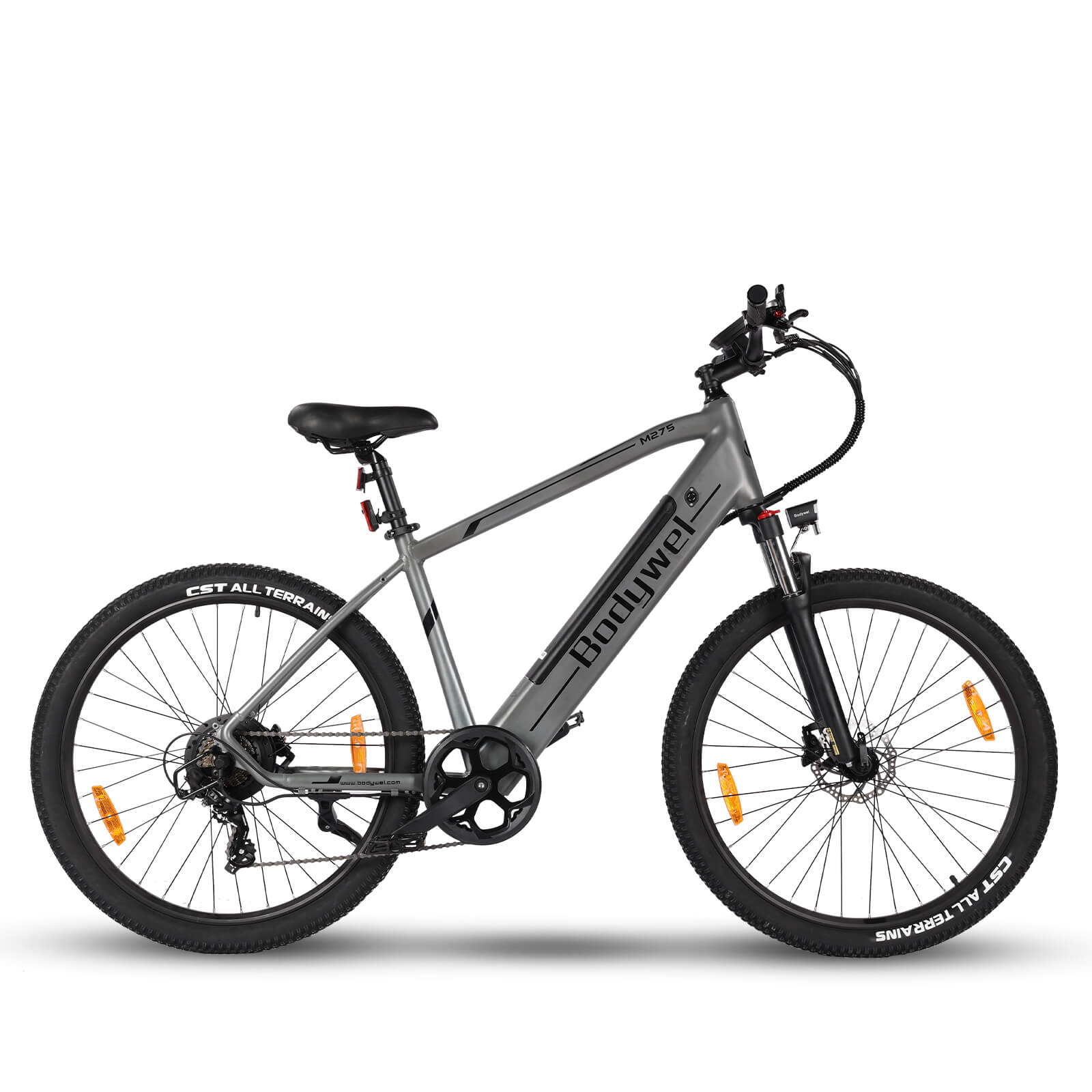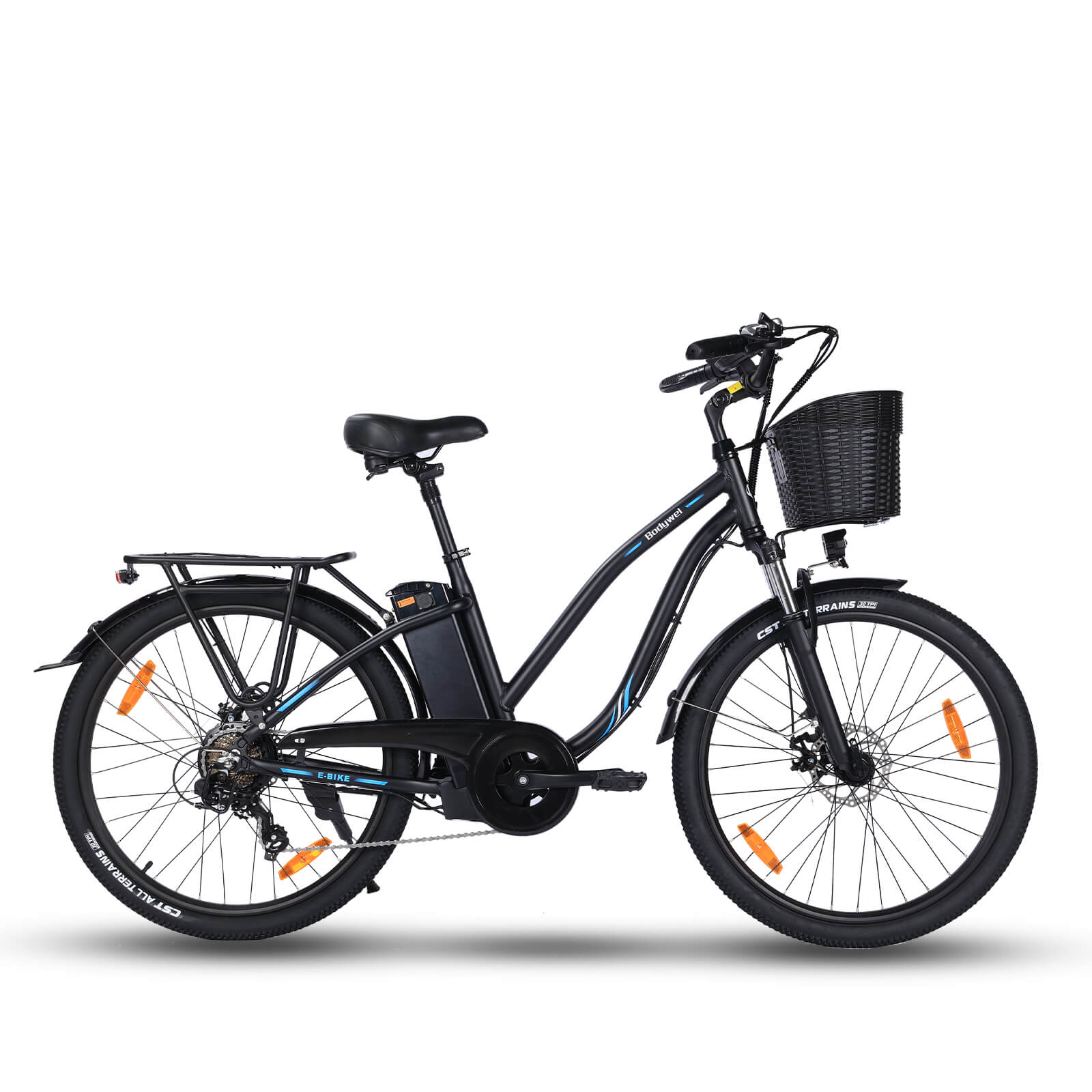Bodywel's ultieme gids voor het kiezen van de beste Ebike Umbausatz

Een traditionele fiets ombouwen tot een elektrische fiets met een ebike umbausatz (Conversiekit) biedt kostenefficiëntie en personalisatiemogelijkheden. Deze gids behandelt belangrijke factoren zoals motorvermogen, accucompatibiliteit en installatiegemak, zodat fietsers weloverwogen beslissingen kunnen nemen over hun fietsbehoeften.
Belangrijkste factoren om te overwegen bij het selecteren van een e-bike-conversiekit
De juiste keuze maken ebike conversiesysteem Vereist een evaluatie van prestaties, duurzaamheid en integratiegemak. Hieronder staan de belangrijkste aspecten om prioriteit aan te geven.
Motortype en vermogen
Naafmotoren (achter-/voorwiel) en middenmotoren domineren de e-bike bekleding markt. Voor woon-werkverkeer in de stad is een 250W-500W naafmotor voldoende, terwijl offroad-rijders wellicht de voorkeur geven aan middenmotorsets voor een betere koppelverdeling. Lichaamswel biedt beide opties met waterdichte ontwerpen.
Batterijcompatibiliteit
Lithium-ionaccu's met 36V–48V zijn standaard. Controleer de spanningsaanpassing en montagemogelijkheden (drager vs. onderbuis). Een 10Ah accu biedt bijvoorbeeld een bereik van ~40 km – ideaal voor dagelijkse boodschappen. Controleer altijd het type connector om compatibiliteitsproblemen te voorkomen.
Installatie en compatibiliteit
Een naadloze elektrificatie van fietsen Het proces is afhankelijk van de compatibiliteit van het frame en de vereisten voor het gereedschap. Het afstemmen van de wielmaat (bijv. 26" vs. 700C) en het type rem (schijfrem/V-rem) worden vaak over het hoofd gezien.
Waarom Lichaamswel Valt op
Lichaamswel'S umbausatz-kits benadrukken de modulariteit, met plug-and-play bedrading en koppelsensoren voor natuurlijke trapondersteuning. Hun kits bevatten gedetailleerde handleidingen, waardoor beginners minder moeite hebben met zelfbouw.
- Tags: bike motor kit cycling accessories e-bike upgrade ebike umbausatz electric bike conversion kit
0 comments




